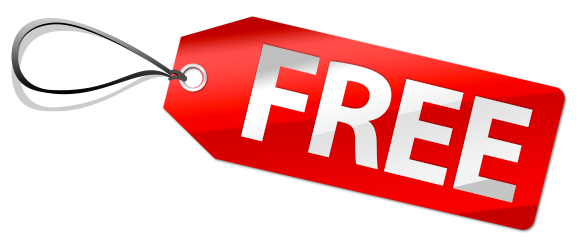When everyday life is shared through a digital lens, a new video has caught the attention of millions. This time, it’s not about skincare hacks or massive Shein hauls but a prankster’s clever attempt to score free food from a fast-food chain.
The video starts with a man changing a food chain sign to read “Free Food 4 – 5 PM”. He then orders a meal, feigning surprise when asked to pay. After a brief exchange about a supposed app for free food, the man successfully walks away with his meal, free of charge.
This seemingly harmless prank has sparked a discussion about the legality of such actions, with Attorney Ugo Lord weighing in on the matter.
The Prankster’s Trickery: A Legal Perspective
According to Lord, the prankster’s actions constitute theft by trickery. He explains that while the sign clearly advertised free food between 4 and 5 PM, the man had created the sign himself.
Lord’s reaction also illuminates an interesting facet of the incident: the honesty and dependability of the fast-food chain’s employer. He emphasizes that although the prankster was lucky to have some workers who acquiesced to his prank, the prank is still illegal. This action is no different from theft.
Considering the legal perspective of this code, we find that the Lord’s viewpoint matches the rules in the California Business and Professions Code § 17500. This legislation is based on the premise that the publication of deceptive or misleading information, regardless of whether it applies to print media, digital means, or other advertising methods, can be a criminal offense.
In the sight of the video, the prankster decided to rewrite the content of the sign into false advertising stating that there would be free food from 4 to 5 PM. Even though he didn’t possess the sign of the fast-food chain and the food literally, changing the sign and playing a trick on the fast-food chain employees reveals his partial dispossession of the property—the food.
He led workers to believe that it was their job to give out free food, but in fact, this was not the case. This type of public inducement, which is a practice of fast-food chains involving misleading or untrue declarations, is legally problematic and possibly a crime.
The Consequences of False Advertising

All business entities must take the real consequences of false advertising seriously. Victims of such actions have legal claims and can file a lawsuit if they can prove those criteria.
The victim must initially demonstrate that the relevant business party (e.g., the individual) lied about a material fact. The video shows the man misleadingly altering the sign to advertise free food, which is obviously a false statement of a material fact.
Furthermore, the victim must have made a purchase or transaction based on the lie. The fast-food chain, deceived by the altered sign, gave the prankster free food and, by doing so, fulfilled this requirement.
Additionally, after the transaction is complete, the accused should be able to profit from it. When the fast food chain provided free food based on the man’s fraud, their businesses clearly suffered a financial loss.
Although it may seem far-flung that a fast food restaurant would initiate a pursuit against a free meal received by one prankster, the principles behind this scenario are important. They help accentuate this issue’s supply side and can result in legal actions against misleading activities.
Bottom Line
Lord’s commentary illuminates the shared responsibility in preventing fraudulent situations. He subtly underscores the need for businesses and their employees to exercise vigilance in verifying the authenticity of claims before acting on them.
While the prankster’s actions may have provided a moment of amusement, they also served as a valuable lesson in the importance of understanding the legal implications of our actions, even when they seem harmless at first glance.

